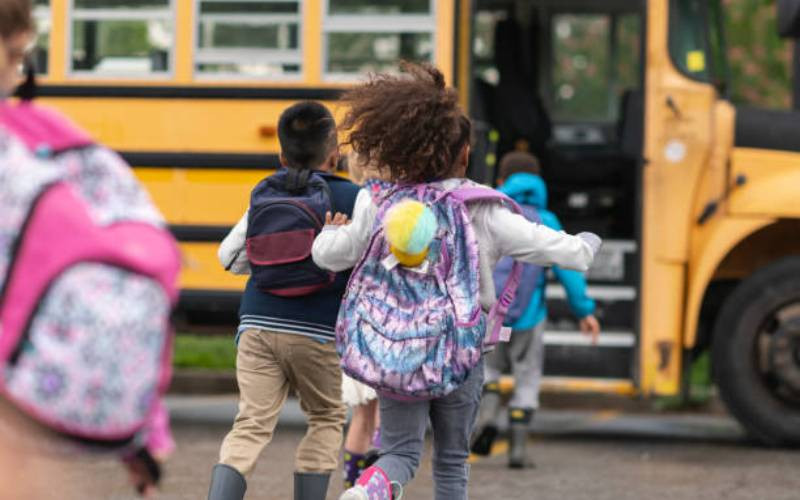
When considering the quality of a child's education, one of the chief motivating factors when choosing schools remains the likelihood that a specific school will allow a child to perform at the highest possible level. However, parents should not only evaluate the school's academic track record, but also its commitment to instilling and developing crucial transferrable skills which will help students to become empowered and self-actualised in future, education experts say.
In the knowledge economy, success in education and life requires substantially more than just academic performance. Schools must also strategically be focused on students' holistic development, their personal growth, and the degree to which they are able to harness their personal strengths and unique talents - on top of ensuring they perform optimally in their exams.